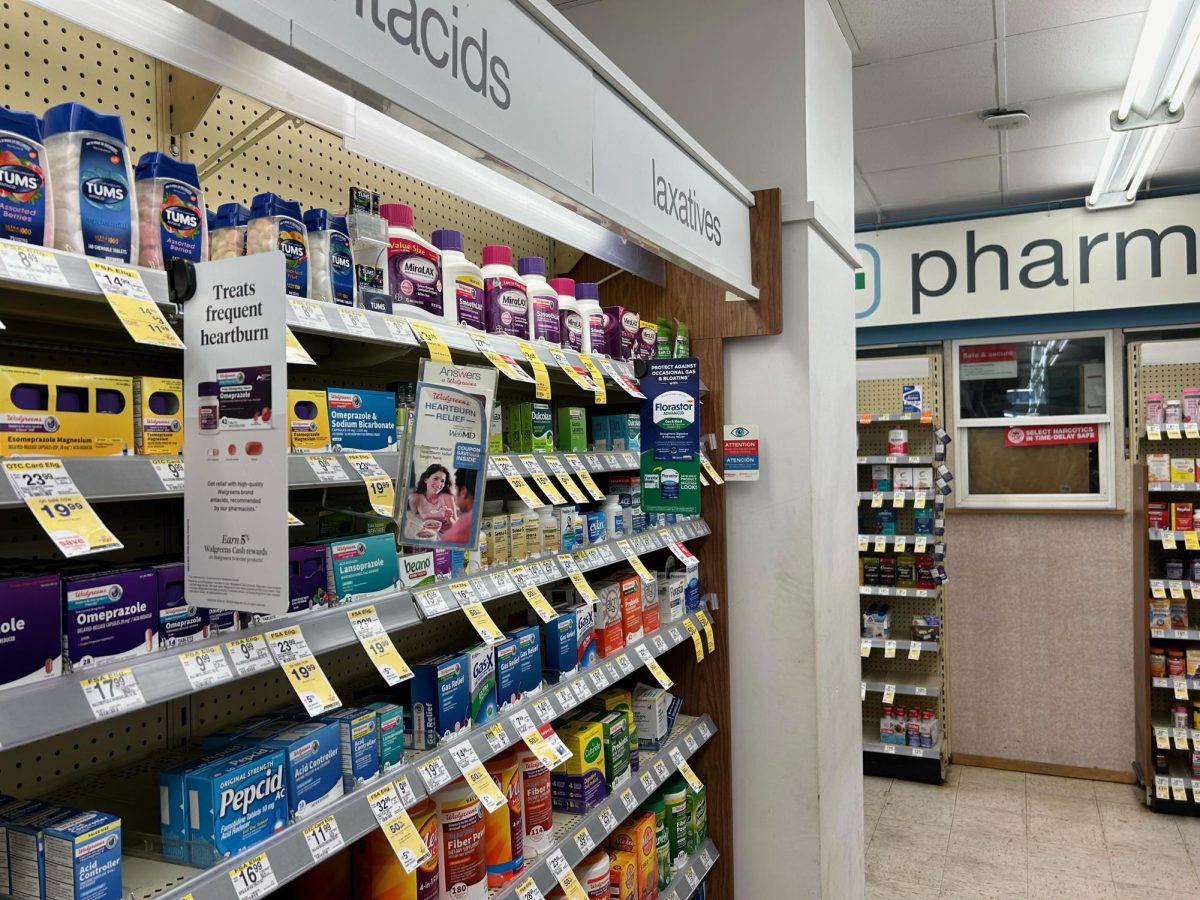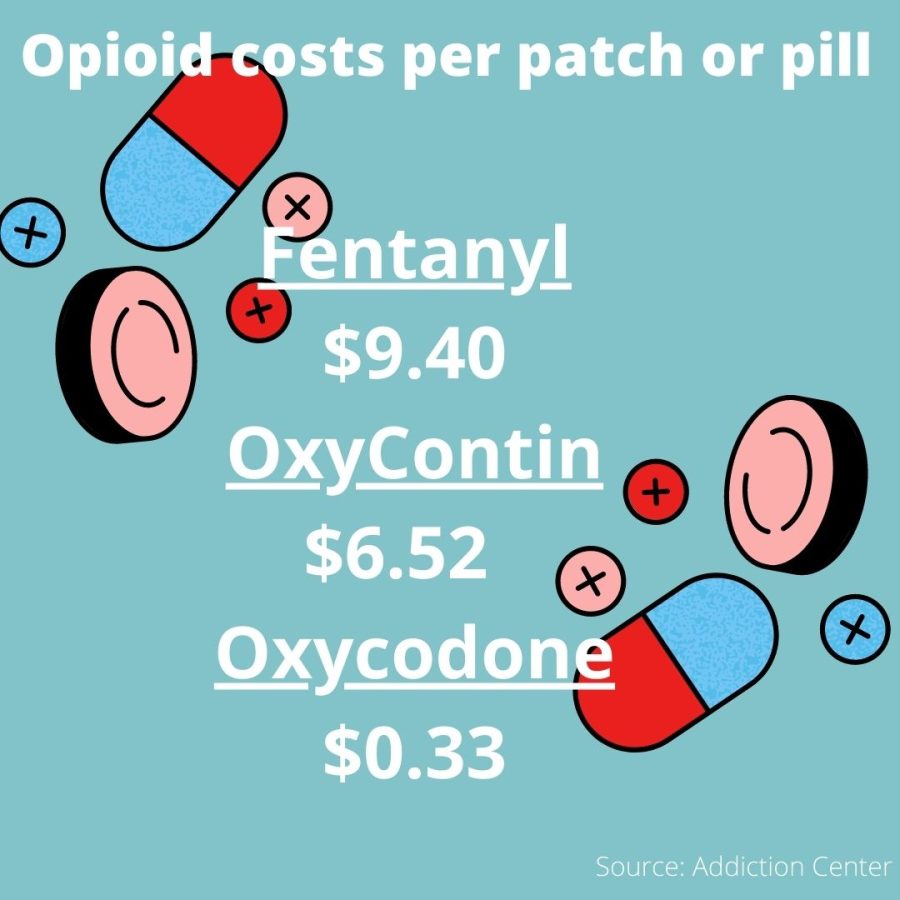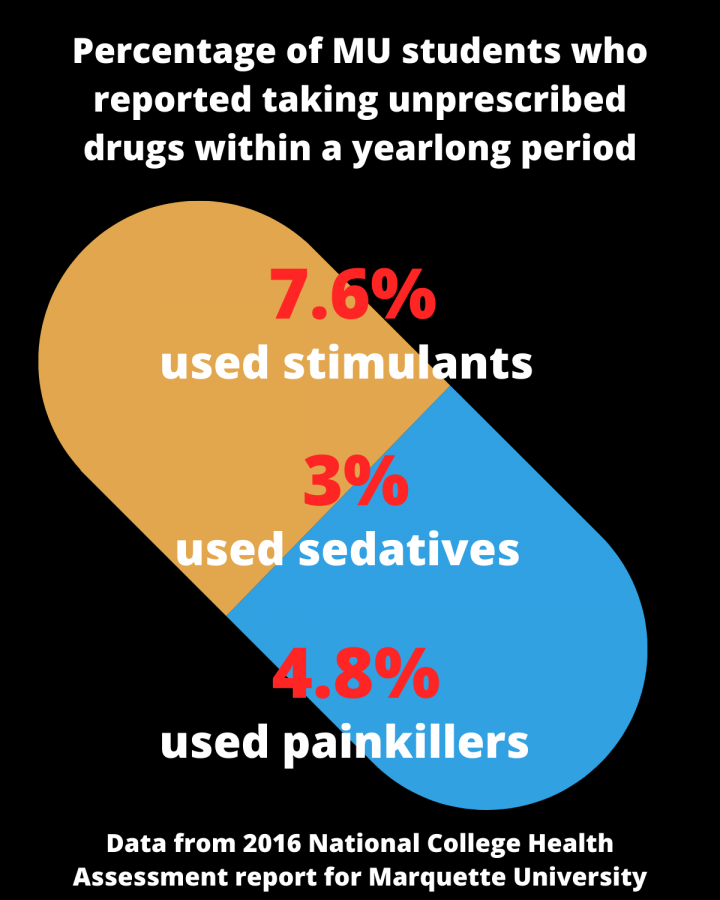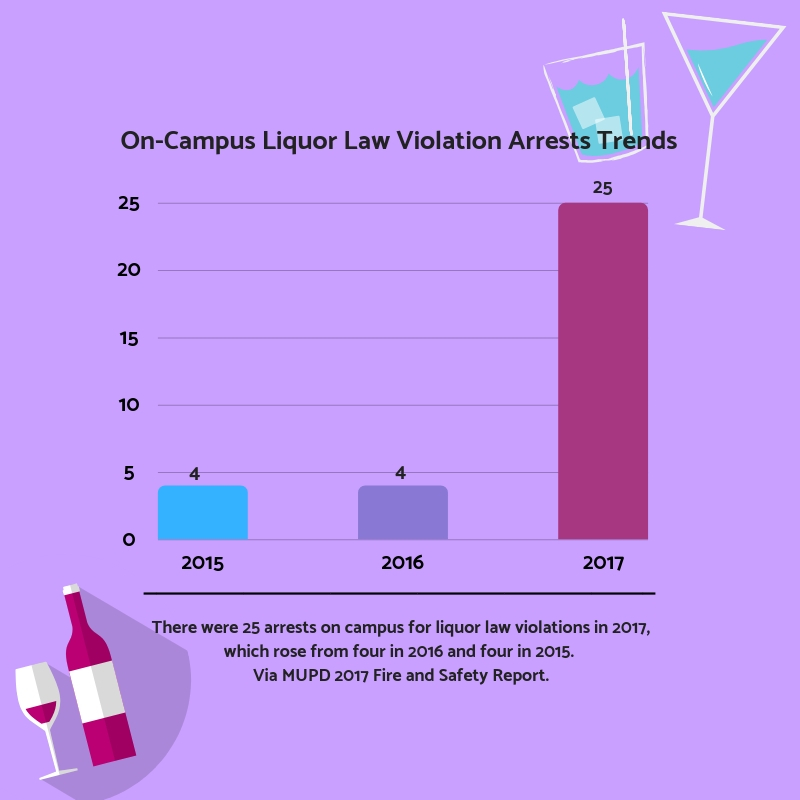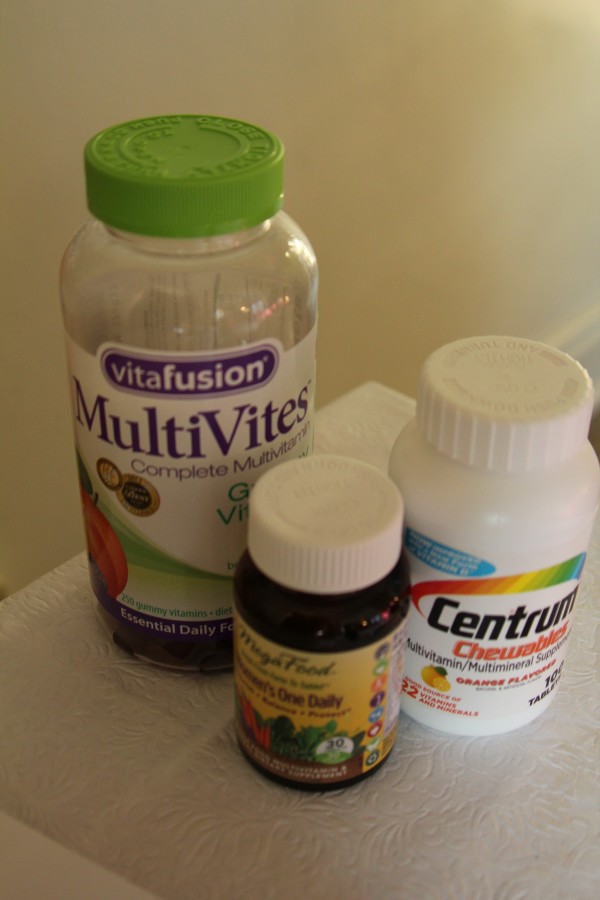The Coronavirus Aid, Relief and Economic Security Act (CARES Act) was signed into law on March 27, 2020. Besides providing economic relief to families and businesses across the nation, it also made modifications to outdated FDA framework on the regulation of over-the-counter drugs that had stayed relatively the same since the review process was created in 1972.
Now, under this framework, there are stronger grounds to stand on when it comes to accusing drug companies of selling ‘junk pills,’ or medication with ineffective active ingredients. This recent skepticism directed towards certain popular OTC drugs since the COVID crisis is a major win for the Americans who had been unknowingly spending their hard-earned money on useless medications.
Most recently, laxative drugs containing dioctyl sodium sulfosuccinate, also known as docusate, have come under scrutiny. Drugs containing docusate were able to receive FDA approval in the ’70s despite not being required to go through the typical preliminary trials for a drug of its type.
Docusate was among several drugs that had been on shelves prior to the new rigorous review process that the FDA made standard practice for future OTC drugs. It was included in a 1975 laxative monograph, an intense medical study that failed to actually test the performance of the chemicals included in the drugs. The FDA simply checked to see if OTC drugs contained adequate quantities of the active ingredients that they considered safe and effective.
In 2021, the American Journal of Gastroenterology found in their own independent study that docusate had no more effectiveness than a placebo. The FDA took notice and have since edited their OTC monographs for laxatives in 2023 as well other drug categories as a part of their continued efforts since the CARES Act.
The FDA’s refocus on these outdated regulations is very much needed. We can look to a previous federal court ruling to provide a framework on how the FDA can deal with these pharmaceutical companies.
In Cooper Laboratories v. FDA (1974) a federal court defended the FDA’s decision to demand Cooper Laboratories to remove any labels from products containing protomid that claimed to treat shingles and neuritis.
It also required the drug‘s manufacturer, Cooper Laboratories, to return to the FDA within six months with proof of the drug’s ability to treat its listed symptoms. Cooper Laboratories claimed the FDA’s claims about the drug’s effectiveness were ‘subjective,’ however, the court ruled in the FDA’s favor.
This was a massive step in the direction of stronger FDA regulatory power on noneffective products and should set a precedent for how other useless drugs can be taken off the market in the future.
The FDA cracking down on these dud pharmaceuticals is the result of historic bipartisan effort to reform our broken pharmaceutical regulatory bodies. These reforms took years of planning by both democrats and republicans, starting in the early 2010s, but were incorporated into the CARES Act at a time of emergency. The FDA already has a clear path to continue to strengthen their OTC drug testing, but requires the fervent support of lawmakers to create real progress.
They owe it to the American people to create these stronger regulations, so they are no longer wasting their money on drugs that do not work. They deserve to be healthy and receive the treatment they need, and also keep a little more money in their pockets.
This story was written by John O’Shea. He can be contacted at j.oshea@marquette.edu

